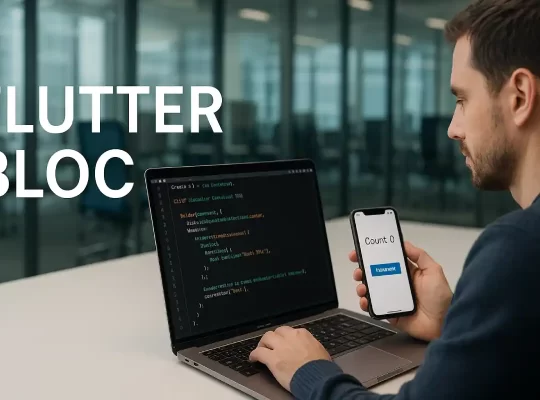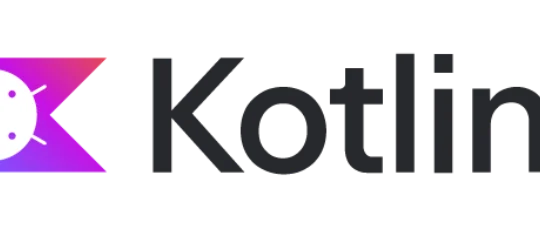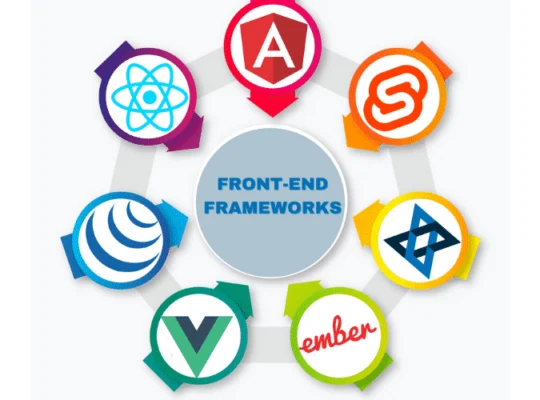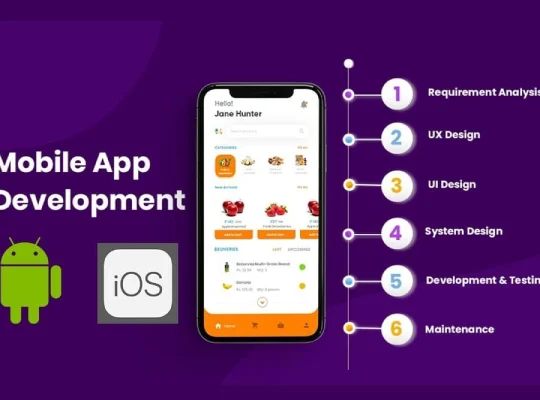Basic Syntax in Dart
Dart is a modern, object-oriented language with a simple and clean syntax. Here are some basic syntax elements of Dart to get you started:
1. Entry Point
Every Dart program starts with the main function:
void main() {
print('Hello, World!');
}
2. Variables
Variables can be declared using var, final, or const
void main() {
var name = 'Alice';
final age = 30; // Cannot be changed
const pi = 3.14; // Compile-time constant
print('Name: $name, Age: $age, PI: $pi');
}
Runtime Initialization: final variables are initialized at runtime. This means you can use runtime values to set them.
Compile-time Constant: A const variable is a compile-time constant. This means the value must be known and fixed at compile-time.
class CoffeeShop {
// const is used for values that are known and fixed at compile-time
static const int openingYear = 2020;
// final is used for instance variables that are initialized once in the constructor
final String name;
final String size;
final double price;
// Constructor for initializing final variables
CoffeeShop(this.name, this.size, this.price);
void printCoffeeDetails() {
print("Coffee: $name, Size: $size, Price: \$${price.toStringAsFixed(2)}, Opened in: $openingYear");
}
}
void main() {
// Creating instances of CoffeeShop class
var coffee1 = CoffeeShop("Latte", "Medium", 3.50);
var coffee2 = CoffeeShop("Espresso", "Small", 2.00);
// Printing coffee details
coffee1.printCoffeeDetails();
coffee2.printCoffeeDetails();
}
3. Data Types
Dart supports various data types:
void main() {
int integer = 10;
double decimal = 10.5;
String text = 'Hello';
bool isTrue = true;
print('$integer, $decimal, $text, $isTrue');
}
4. Strings
Strings can be created using single or double quotes:
void main() {
String singleQuote = 'Hello';
String doubleQuote = "World";
String combined = '$singleQuote $doubleQuote';
print(combined);
}
5. Lists
Lists are ordered collections of items:
void main() {
List<int> numbers = [1, 2, 3, 4, 5];
print(numbers);
print(numbers[0]); // Access first element
}
6. Maps
Maps are key-value pairs:
void main() {
Map<String, int> ages = {
'Alice': 25,
'Bob': 30,
};
print(ages);
print(ages['Alice']); // Access value by key
}
7. Functions
Functions can be declared with or without return types:
void main() {
greet();
print('Sum: ${add(5, 3)}');
}
void greet() {
print('Hello!');
}
int add(int a, int b) {
return a + b;
}
8. Control Flow Statements
If-Else
void main() {
int number = 18;
if (number > 0) {
print('Positive');
} else {
print('Non-positive');
}
}
Loops
For Loop
void main() {
for (int i = 0; i < 5; i++) {
print(i);
}
}
While Loop
void main() {
int i = 0;
while (i < 5) {
print(i);
i++;
}
}
Switch Case
void main() {
int number = 2;
switch (number) {
case 1:
print('One');
break;
case 2:
print('Two');
break;
default:
print('Other');
}
}
9. Classes
Dart is an object-oriented language with classes and objects
void main() {
var person = Person('Alice', 30);
person.greet();
}
class Person {
String name;
int age;
Person(this.name, this.age);
void greet() {
print('Hello, my name is $name and I am $age years old.');
}
}
10. Async and Await
Dart has robust support for asynchronous programming:
import 'dart:async';
void main() async {
print('Start');
await fetchData();
print('End');
}
Future<void> fetchData() async {
await Future.delayed(Duration(seconds: 2));
print('Data fetched');
}
These are the fundamental syntax elements to help you get started with Dart. Dart’s syntax is designed to be easy to read and write, making it a great choice for both beginners and experienced developers.





